Why Do Cats Use Litter Boxes? (Understanding Feline Habits)
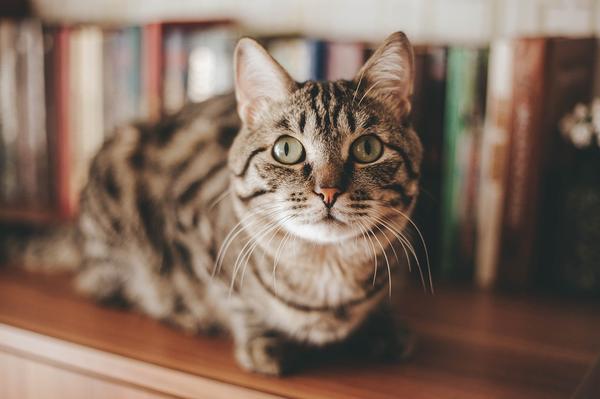
Ever wondered why on earth cats use those tiny boxes filled with what seems like an eternity's worth of sand?
Intrigued, aren't you? 😺
Well, let's dive deep into the mystical world of litterboxes and unlock the secrets behind feline potty habits.
Ready to unravel the enigma with me?
Let's begin.
Cats Use Litter Because of Their Natural Instincts
Cats are fascinating creatures, don't you agree?
When it comes to litter boxes, cats instinctively know what to do. It's as if they were born with it in their DNA, my friend.
You see, these instincts have been passed down from their wild ancestors like tigers and lions. Mother nature designed them this way to keep them safe.
It's actually quite clever when you think about it!
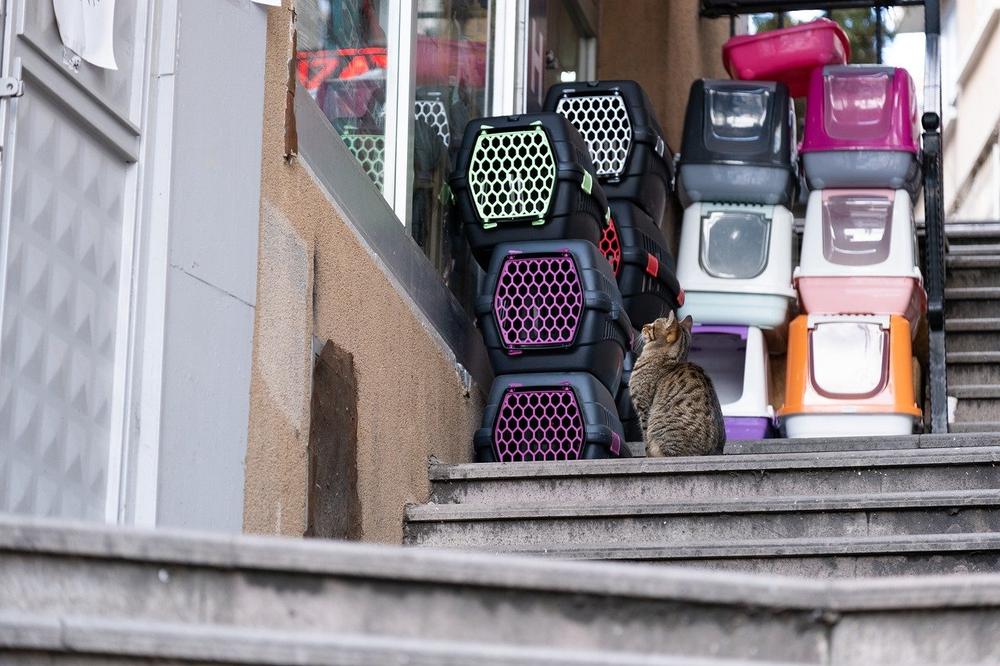
The reason why cats use litter boxes without any training is because it's simply a part of their natural programming.
At around four weeks old, kittens start using the litter box, thanks to either their mother's guidance or just their own intuition. It's truly amazing how they figure it out so quickly.
But here's something important to remember...
Keeping the litter box clean is crucial for cats.
Regular cleaning not only ensures cleanliness but also prevents any unpleasant odors from lingering. And let's face it, even the most particular feline prefers fresh smells.
So, make sure you give the litter box some tender loving care to guarantee its continual use by your furry companion.
What Is a Cat’s Normal Toilet Behaviour?
Cats have a natural instinct for toilet behavior, adopting a squatting position to comfortably balance and cover their waste. Kittens rely on their mother for stimulation initially, but by three to four weeks old, they can use the litter box independently. Positioning the litter box away from busy areas ensures a stress-free experience.
Cats have a remarkable instinct when it comes to toilet behavior.
They naturally adopt a squatting posture while doing their business.
This position allows them to comfortably balance and cover up their waste afterward.
It's fascinating, really.
Newborn kittens initially rely on stimulation from their mother to poop and pee.
Around three to four weeks old, they make their way to the litter box all by themselves. Talk about growing up fast!
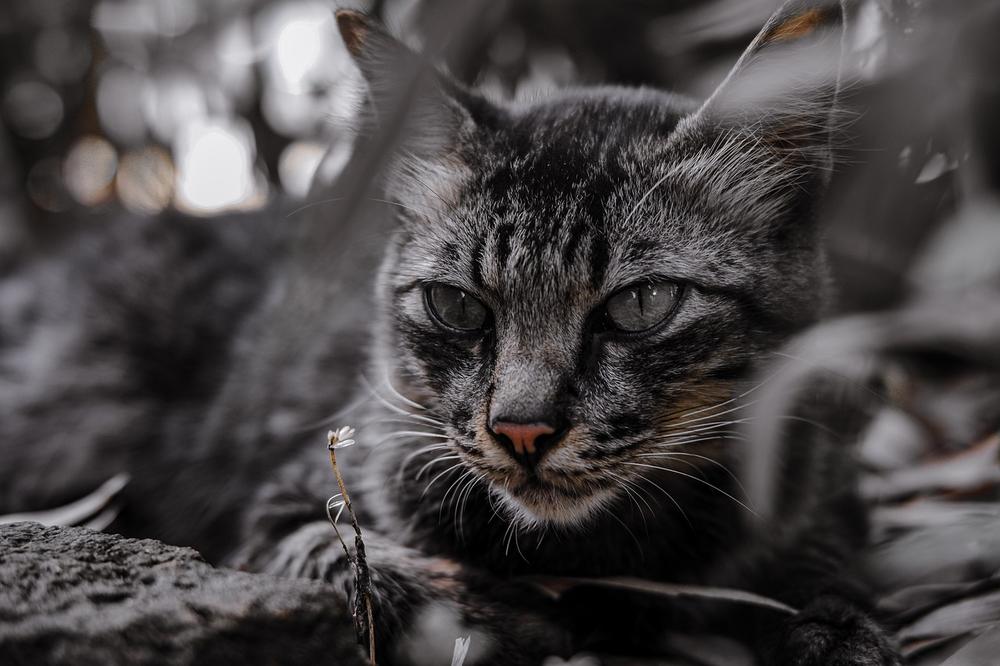
Now, let's talk about you and your feline friend's comfort.
Positioning their litter box is essential. Place it away from areas with frequent movement and noisy household machines.
You don't want your cat to feel scared or interrupted while doing their little thing.
Observing your cat's bathroom habits can provide valuable clues about their health too.
Keep an eye out for any sudden changes in frequency or litter box aversion.
If something seems off, don’t hesitate to consult your vet.
Cats are meticulous creatures, so ensure their bathroom time is a private and stress-free experience.
And now, let me share with you some fascinating facts about modern cat litter that compliment these instinctual behaviors!
What Is Cat Litter?
Cat litter is made to mimic soft dirt or sand, so cats are naturally drawn to it and encouraged to bury their waste.
That's the whole point, guys.
To make sure your cat consistently uses the litter box (and doesn't have accidents all over your house), you gotta keep that litter box clean. I'm talkin' scoopin' that poop every day!
No one wants a filthy litter box.
And here's another thing, cats usually prefer unscented litter. Just like they're attracted to the natural smell of dirt or sand.
Isn't that interesting?
Believe it or not, some cats actually prefer uncovered litter boxes. They must feel more relaxed and comfortable when they're doing their business.
Who can blame 'em?
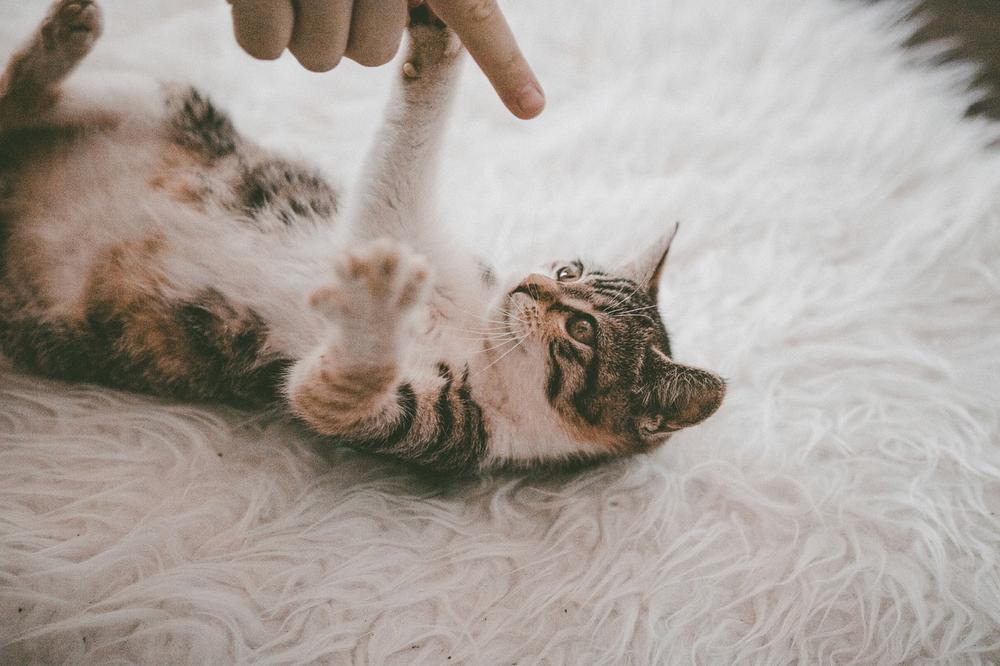
If you have multiple cats (or if you live in a multi-story house), it's smart to have one litter box for each cat, plus an extra one for good measure.
It's kinda like having your very own bathroom, but for cats!
For cats who tend to have urinary issues, litter with pH-changing properties can help keep their urinary health in check.
Pretty cool, huh?
Cats are naturally attracted to cat litter that has a granular consistency similar to soft dirt or sand.
So when you're picking out litter, try to find something that resembles those natural textures.
Your furry pal will definitely appreciate it!
But how do you actually teach your cat to use the litter box?
Well, let me tell you, it's easier than you might think... In the next section, I'm going to share some tips and tricks on how to effectively train your cat to become a pro at using the litter box.
Trust me, you don't want to miss out on this valuable knowledge!
How Do I Train My Cat to Use the Litter Box?
Kittens should be introduced to the litter box as early as possible
So, you've brought home a new little furball and you're probably wondering how to teach your cute kitten to use the litter box.
Well, let me give you some tips.
Firstly, you should introduce kittens to the litter box after they eat or take a nap.
This helps establish a routine and teach them good habits.
Trust me, it'll save you from finding surprises all around your house.
Choose the right spot and keep it clean for your furry friend
When it comes to training your kitty to use the litter box, there are a few things you need to consider.
You should pick a private and quiet area for the litter box, away from their food station. Just like us, cats also appreciate privacy, you know?
And of course, ensure the litter box is the right size, placed correctly, and kept clean.
Cats can be quite particular about cleanliness, so you should meet their standards.
Transitioning outdoor cats and providing a role model
Sometimes, you may have an outdoor cat that needs to transition to using an indoor litter box.
Don't worry; it's not as difficult as it sounds!
Start by using loose soil in the litter box to mimic what they're used to outside.

Then gradually introduce different types of litter and switch to commercial kitty litter.
Ta-da.
Your outdoor explorer is now an indoor litter pro.
By the way, having another cat that already uses the litter box can be incredibly helpful.
Cats learn by observing, so if your new addition sees their big brother or sister doing their business in the litter box, they'll catch on pretty quickly.
Follow these tips, keep a clean litter box in a familiar area, and soon enough, you'll have a well-trained kitty.
Trust me, it's easier than you think.
And speaking of training cats to use the litter box, if you're dealing with a stray cat, I've got you covered.
I've written a comprehensive guide on how to train a stray cat to use a litter box.
It's an essential resource that dives into the unique challenges of helping a stray cat adapt to their new indoor environment.
You won't want to miss it.
Visit the page How to Train a Stray Cat to Use a Litter Box for all the tips and tricks you'll need.
Litter Training an Adult Cat
Using positive reinforcement, like treats or praise, can encourage adult cats new to using a litter box to develop desired behaviors.
On top of that, to make your life easier, you might want to consider getting a self-cleaning litter box for your cat.
These innovative contraptions can save you from the chore of constantly cleaning up after your furry companion.
So, next time your cat successfully does their business in the litter box, don't forget to reward them and maybe treat yourself to a little break from scooping duty!
Reasons for a Cat Going Outside of the Litter Box
When your cat starts going outside of the litter box, it can be quite a headache.
Trust me, I understand this frustration.😔
But before you lose your cool, you must understand why this is happening.
First and foremost, you have to rule out any underlying medical issues.
You see, sometimes cats use this unusual bathroom behavior as a way to tell us that something isn't right.
It could be urinary tract infections or gastrointestinal problems causing them discomfort.
That's why contacting your vet should be at the top of your priority list. You must get to the bottom of their health concerns.
If health issues are ruled out, then we can look at other factors.
One thing you need to keep in mind is that cats can be very particular creatures.
They like everything just so, and the litter box is no exception.
So if something about their litter box setup isn't up to snuff, they may take matters into their own paws.
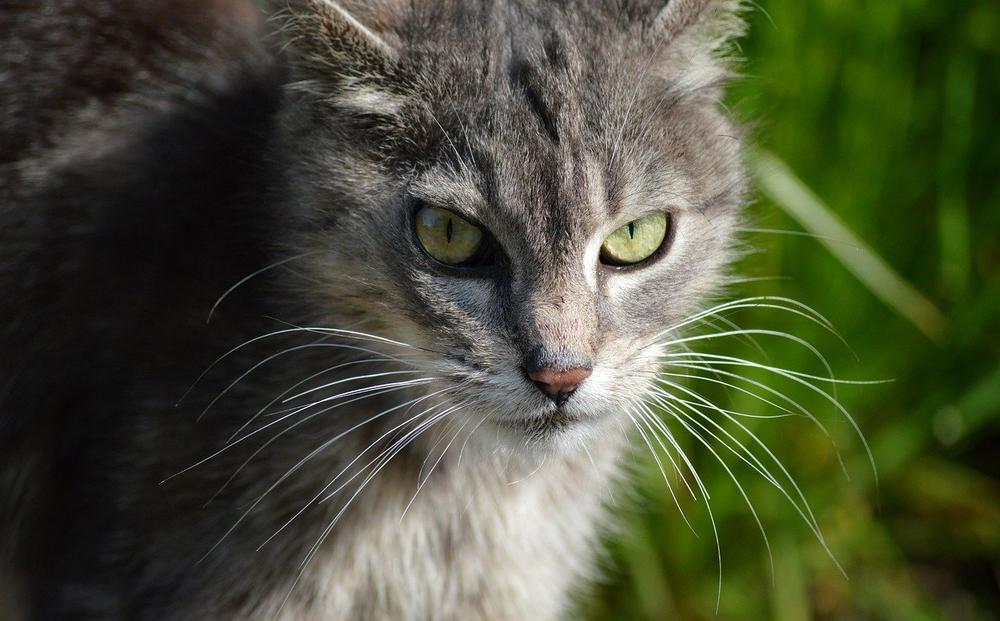
Think about it - elements like size, accessibility, type of litter, and location can all influence whether your cat will use the litter box or not.
And let me tell you, cats have their preferences.
They each have unique tastes and requirements.
For example, some felines who were once outdoor cats may prefer using houseplants instead.
So, don't overlook those details.
Pay attention to what your cat prefers.
Furthermore, bad litter box habits can also stem from behavioral issues.
Fear, negative experiences, or even problems with their urinary or gastrointestinal systems can cause cats to miss the mark or avoid covering their waste.
To tackle these issues, you need to approach it from two angles:
- Identify any deterrents that may be putting your cat off using the litter box, and provide convenient placement of litter boxes, especially for cats with a heightened sense of smell.
- And don't you forget, accidents happen, so make sure to clean up properly with enzymatic cleaners to remove any lingering odors.
That way, your cat won't be encouraged to use those spots again.
Understanding why your cat is going outside of the litter box will help you manage and prevent this behavior.
So don't give up hope.
There's always a solution, and both you and your feline friend can find harmony once again. Keep trying different approaches and options until you discover what works best for you both.
The Importance of Addressing Litterbox Issues
Key Takeaways:
- Cats instinctually use litter boxes to hide their scent and for waste disposal.
- Kittens learn to use litter boxes by observing their mothers or through instincts.
- Regular cleaning of the litter box promotes cleanliness and consistent use.
- Position the litter box away from high traffic areas and noisy machines.
- Most cats prefer unscented, clumping litter that resembles sand or dirt.
- Provide one litter box per cat plus one, especially in multi-story houses.
- PH-changing litter helps maintain urinary health for susceptible cats.
- Train cats to use the litter box by introducing it at appropriate times.
- Gradually transition outdoor cats to using a litter box with loose soil.
- Self-cleaning litter boxes reduce the chore of cleaning.
- Seek veterinary attention if a cat starts eliminating outside the litter box.
- Use enzymatic cleaners for accident odor removal.
- Factors like litter box size, type, and location can affect a cat's usage.
- Cats transitioning from outdoors may prefer houseplants over litter boxes.
- Identify and address deterrents to litter box usage.
And that wraps up today's article.
If you wish to read more of my useful articles, I recommend you check out some of these: How to Train Your Cat, Do Cats Remember Being Abandoned, Why Does My Cat Not Sleep With Me, Why Does My Pregnant Cat Pee Everywhere, and Why Does My Cat Want to Go Outside
Talk soon,
-Sarah Davis